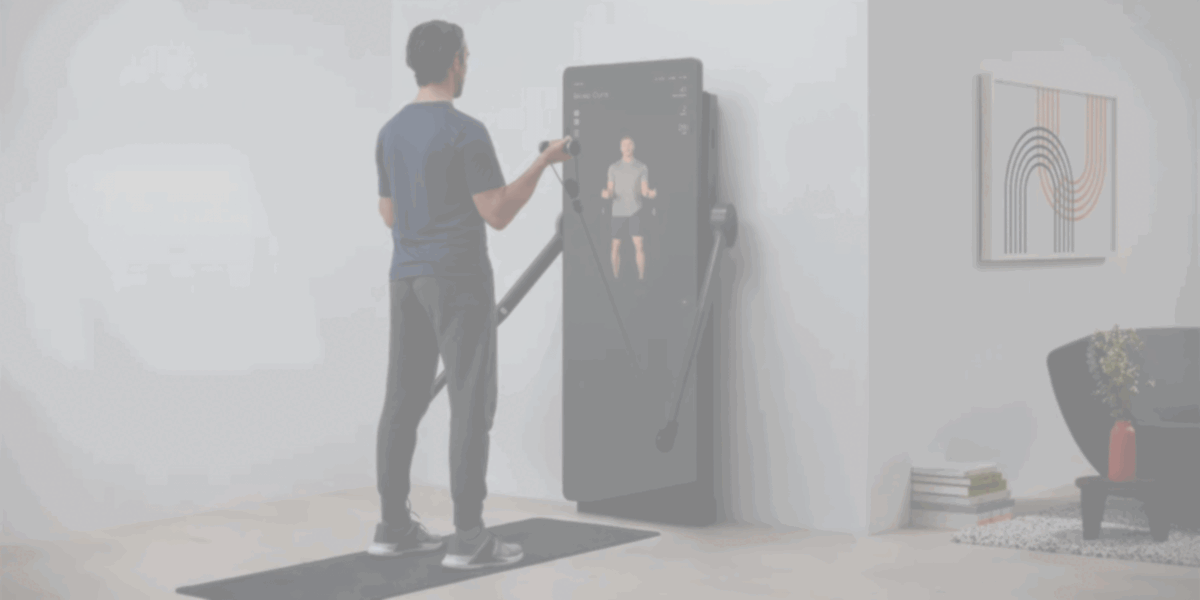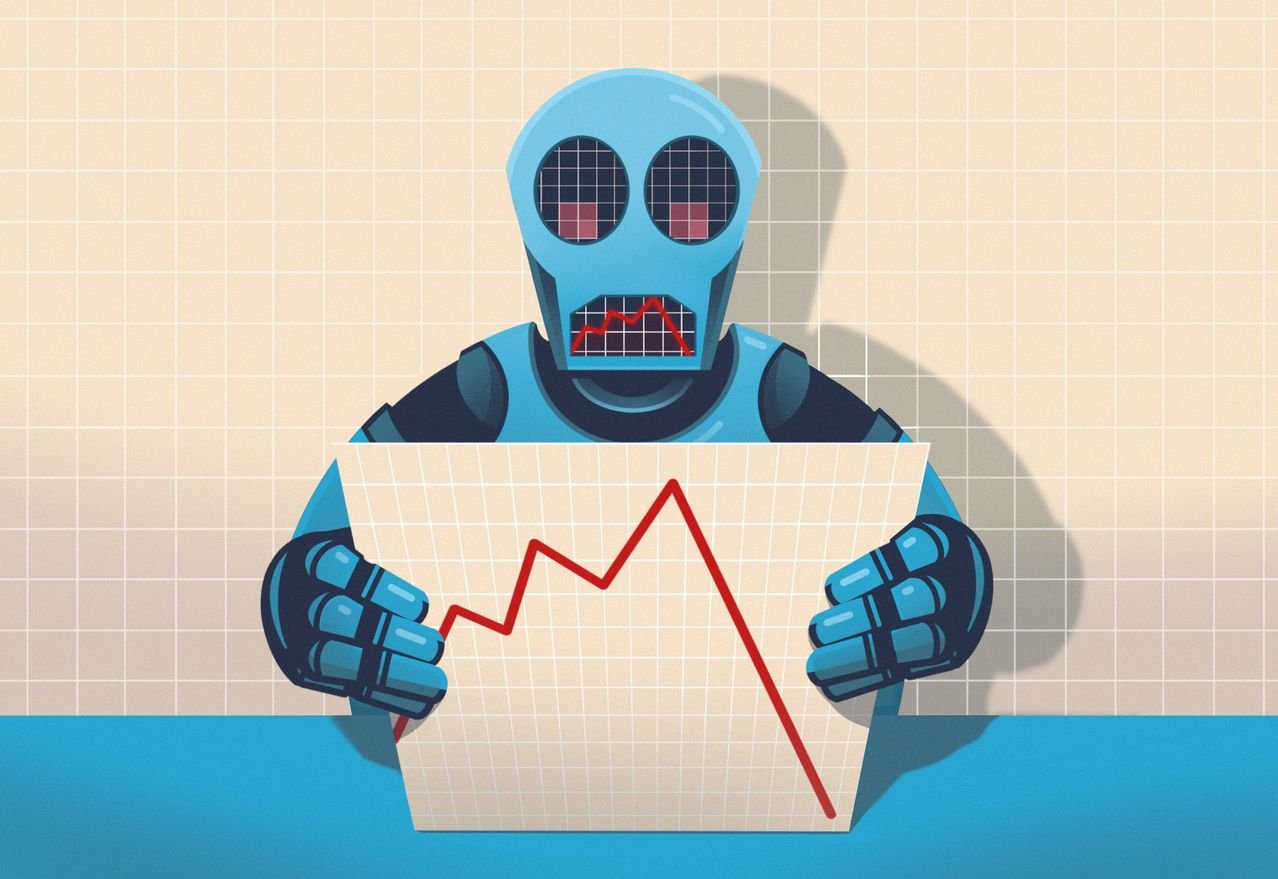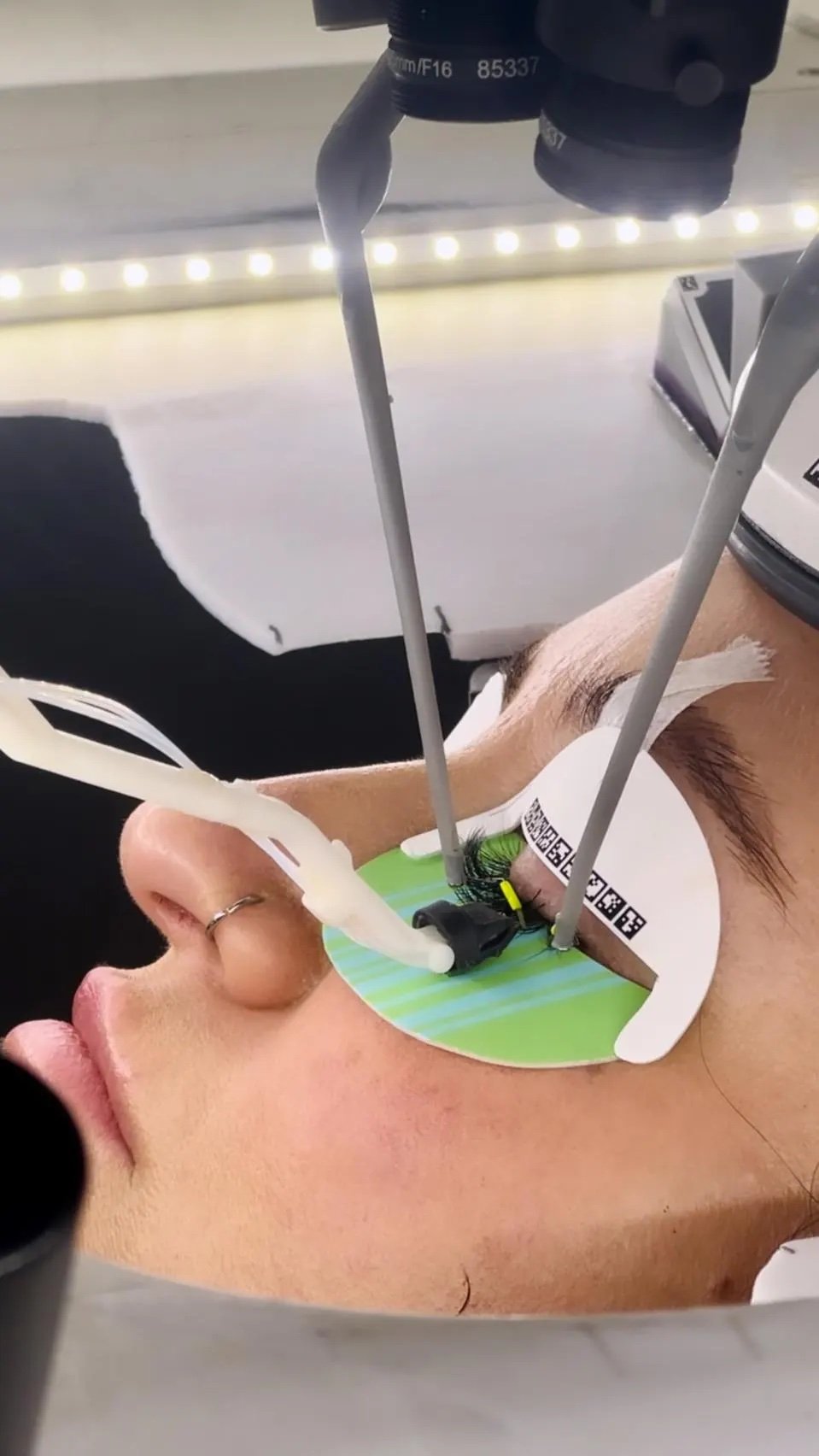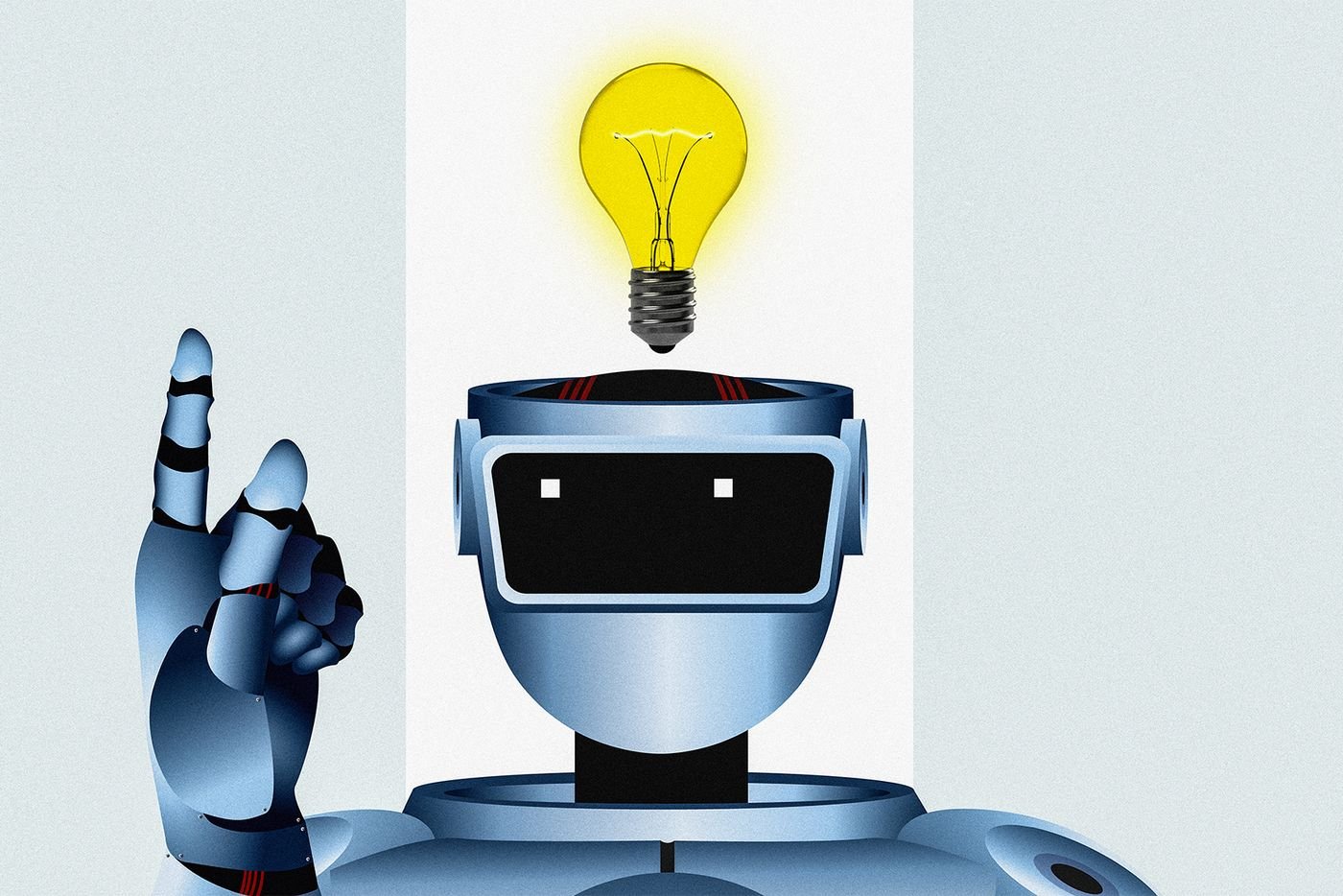Bloomberg - China’s Batteries Are Now Cheap Enough to Power Huge Shifts
/Prices for batteries in China are plummeting, and the implications are just starting to ripple outward for the global automotive market.
Over the last year, the price for lithium iron phosphate, or LFP, battery cells in China has dropped 51% to an average of $53 per kilowatt-hour. The average global price of these batteries last year was $95/kWh.
https://www.bloomberg.com/news/newsletters/2024-07-09/china-s-batteries-are-now-cheap-enough-to-power-huge-shifts





















